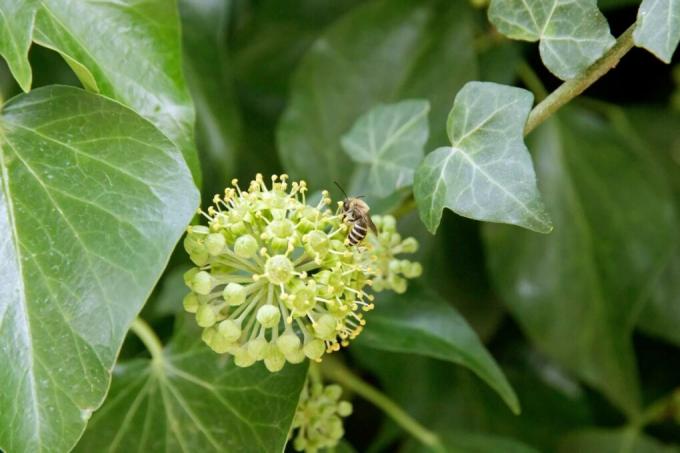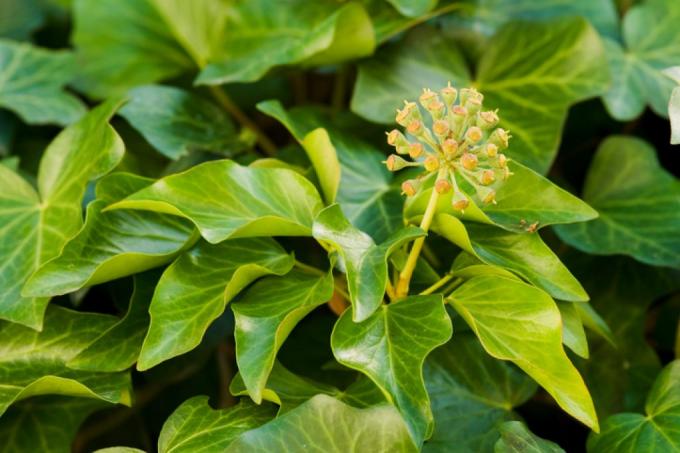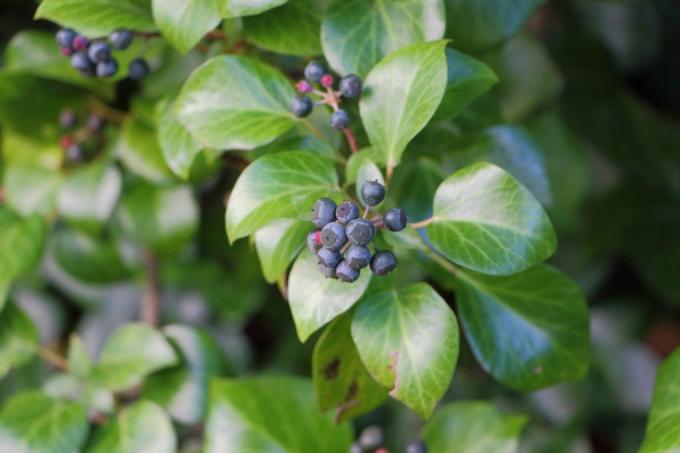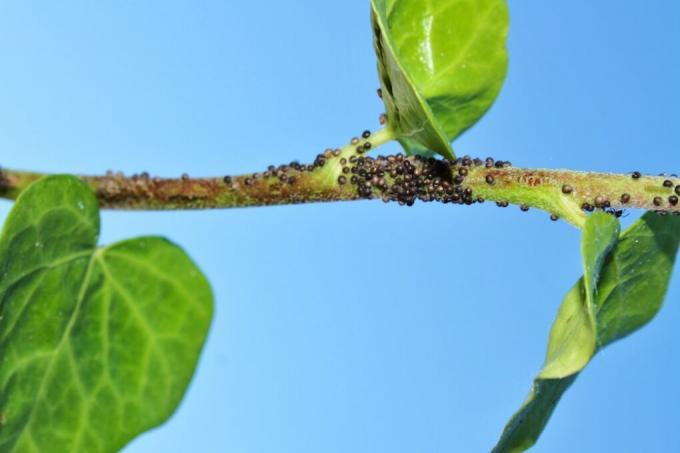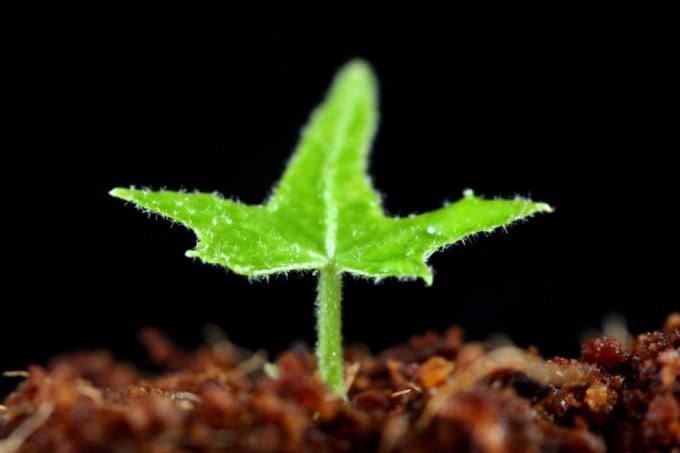AT A GLANCE
Why is ivy important for bees?
Ivy offers bees a valuable food source through its rich yellowish-green flowers that provide nectar and bee pollen. The flowering period extends from September to November, making it an important food source for bees and other insects during an otherwise barren time of year.
Why is ivy so valuable to bees?
The yellowish-green ones blossoms of ivy provide plenty of nectar and pollen. In addition, they are formed at a time of year when the bees otherwise cannot find much food. This makes Hedera helix an important forage plant.
also read
The nectar has a very high glucose content and is therefore nutritious. Occasionally it is reported that the nectar stored in the hive of ivy crystallizes too quickly. However, this is not a problem for the bees, as they mostly use the ivy nectar immediately.
When does the ivy form the flowers that are important for bees?
The heyday of Hedera helix suffices from September to November. Then a continuous buzzing and humming can be heard from the ivy, for besides bees they also feast:
- wild bees,
- hoverflies,
- wasps,
- butterflies,
- bumblebee queens
on nectar and pollen.
Insects are important pollinators of ivy. From the flowers develop until winter almost black berries, used by many birds as food to be appreciated.
Why is only the old form of ivy valuable to bees?
Only from the age of about ten years the ivy forms the yellow-green ones so popular with bees umbel flowers.
The so-called age form can also be recognized by the following features:
- Woody trunk and shoots.
- Hardly any tendril formation.
- The shape of the foliage changes. This is no longer jagged and shows a pretty heart shape.
If you don't want to wait many years for a blooming ivy, you can buy the older form in stores. This so-called shrub ivy no longer climbs, but forms dense bushes.
Are All Ivy Varieties Bee Friendly?
Any outdoor cultivated ivy counts as one from a certain age valuable food plants for bees and wild bees.
This also applies, for example, to:
- Large-leaved Irish ivy (Hedera helix ssp. hibernica)
- Gold ivy with its yellow variegated foliage (Hedera helix 'Gold Child')
- Pointed ivy (Hedera helix 'Shamrock')
- Common ivy (Hedera helix).
Tip
Ivy is extremely adaptable
The ivy tolerates both dry and slightly acidic soil and, although it prefers the shade, can even cope with sunny locations if the soil is sufficiently moist. As a result, a corner can be found in almost every garden for this plant, which is so valuable for bees and other insects.

